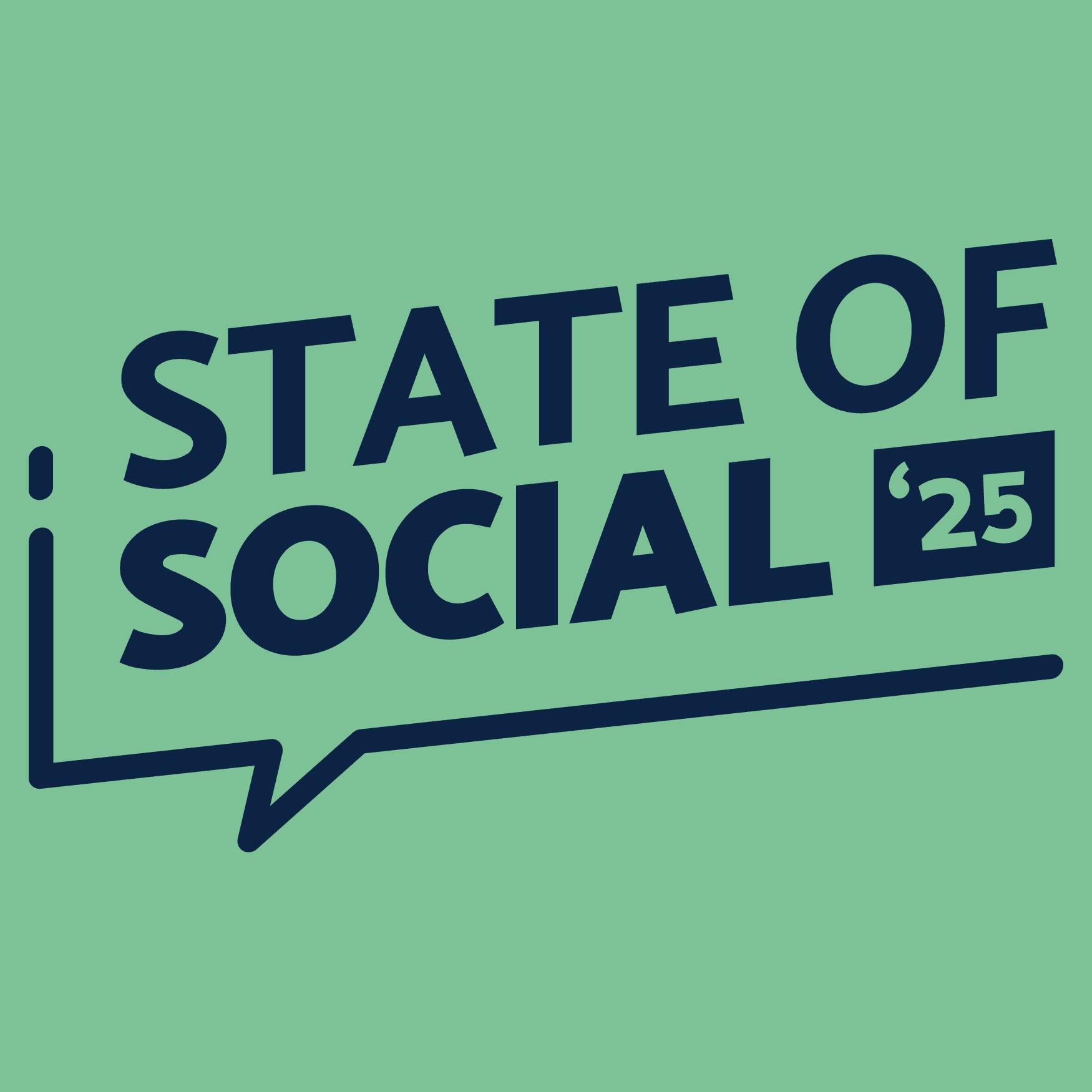X does not mark the spot
X alternatives are nothing new, but can any of these platforms actually take on the social media behemoth?
As the world increasingly relies on social media for communication and networking, it’s essential to be aware of the various available platforms. While X may be on the brink of collapse, it’s still a popular choice. However, plenty of X alternatives exist.
Social media platforms come and go, and with X losing advertisers every day, alternative platforms popping up may very well be a case of striking while the iron’s hot. However, they’re worth checking out if you’re concerned about X’s direction under Elon Musk.
Is X dying?
Since Elon Musk was forced into buying Twitter, many long-time users have been anxiously waiting for the platform’s downfall. Following mass lay-offs, which saw Twitter cut its team by 3,700 staff members and change the platform’s name to X, it’s undoubtedly been an unstable period for one of the world’s biggest social media platforms.
While we once thought X was too big and integrated into our lives to fail, we’re not so sure anymore.
While not all of these X alternatives are ready to dethrone X, here are our top five alternative platforms you may want to consider.
1. Threads
We can’t talk about X alternatives without mentioning Threads. The jury’s still out as to whether or not Threads is here for the long haul, but with Meta’s money and influence behind it, we can’t see it going anywhere anytime soon.
Because Threads is linked to existing Instagram accounts (this may be changing thanks to the EU), the platform saw mass signups on launch. However, Threads is struggling with daily users.
2. Bluesky
Bluesky is on of the most promising X alternatives and very similar to what Twitter used to be, and for good reason. Jack Dorsey, the former CEO of Twitter, founded Bluesky.
We like to think of Bluesky as Twitter Original. The platform allows users to share 300-character posts that include photos. Just like X, users can reply, repost, and like posts.
3. Mastodon
Mastodonm, an X alternative, is a decentralised social networking platform similar to X. It comprises a network of independent nodes, or “instances,” in which individuals and organisations operate. Like Twitter, Mastodon allows users to post short messages, called “toots,” and to follow other users to see their toots in their timelines.
One of the critical differences between Mastodon and X is its emphasis on community and user-controlled content. Each Mastodon instance has its own rules and guidelines, and users are expected to abide by these rules to maintain a positive and inclusive community. Additionally, Mastodon allows users to have more control over their data, including exporting and moving it to a different instance if they choose.
Another critical difference between Mastodon and X is its focus on privacy. Mastodon allows users more control over who can see their toots and offers the option to make toots private by default.
While Mastodon might not yet be as polished as X, it remains a compelling alternative to traditional social networks for those who value community and control over their data. With its focus on privacy and user-controlled content, Mastodon offers a unique and rewarding experience for those looking for a different kind of social network.
4. Spill
Spill is a new X alternative created by some former Twitter employees that aims to be a “visual conversation at the speed of culture.”
Spill strongly focuses on visual content, including GIFs, memes, and videos, making it an exciting choice for creatives. It’s still early days for Spill, but you can join the waitlist here.
5. Cohost
Launched in June 2022, Cohost is a text-based X alternative featuring followers, reposts, likes, and comments akin to X. However, the most notable difference between the two platforms is the algorithm or lack thereof. Cohost is organised chronologically and distinguishes itself by lacking advertisements, trending topics, and visible interactions—incorporating concealed metrics such as like counts and follower lists.
A social media platform without ads. Where have we heard that before?
Cohost aims to foster a more welcoming environment for open discourse, as outlined on its website.
Jae Kaplan, co-founder of the anti-software software club, the entity behind Cohost, remarked, “People who might think, ‘Facebook has a Twitter replacement now!’ and don’t immediately recoil are unlikely to find our offerings appealing. We occupy distinct market niches, and neither side is making efforts to attract users from the other.”
Honourable mentions
Here are a few extra X alternatives you may want to check out:
- Post
- GETTR
- Gab
- CounterSocial
Final thoughts
If you’ve made it this far in this blog, you’ve probably noticed a common thread with the above X alternatives. While it’s common for most startups to use idealistic vocabulary when describing their vision, it’s incredibly commonplace amongst platforms seeking to be the next big thing in social media.
It seems like new platforms promising freedom of speech, security, no ads and other pipe dreams are popping up every other day. These goals may seem pure on the surface, but they’re also incredibly unrealistic. As Elon Musk is quickly learning, freedom of speech doesn’t mean freedom of consequence, and the very idea of freedom of speech really doesn’t exist.
While we’d all love a social media platform without ads, the reality is that the very backbone of any social media platform is advertising. Without ads, there’s no money. And without money, there’s no platform.
Enjoyed this article? Enter your email below for social media tips & tricks delivered to your inbox every Monday morning.







LET’S CONNECT